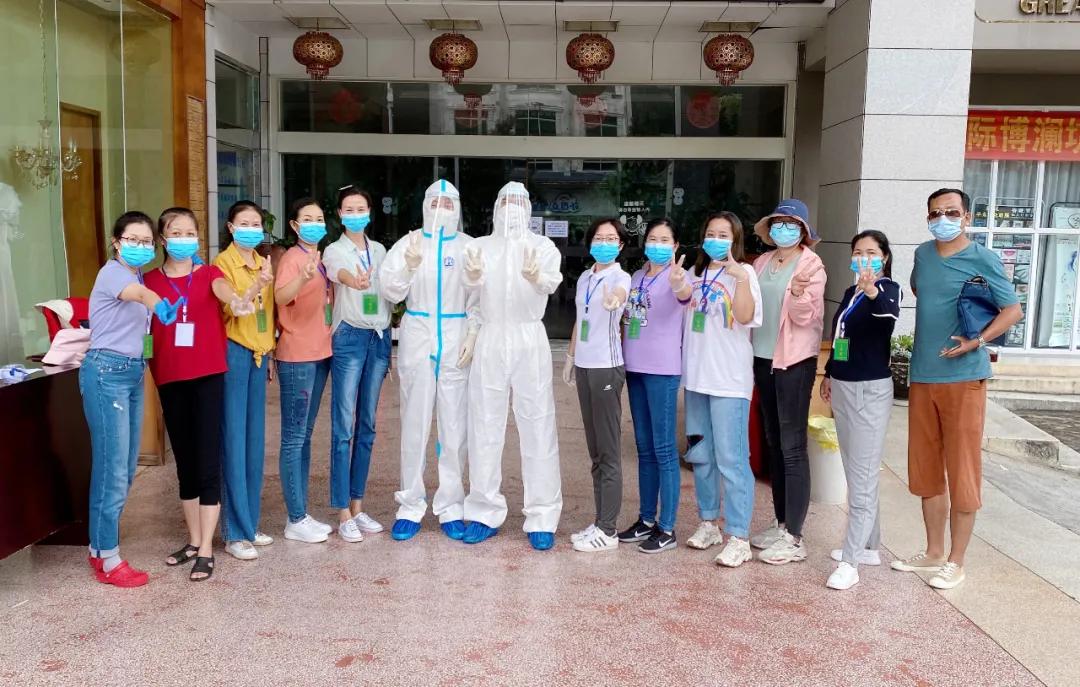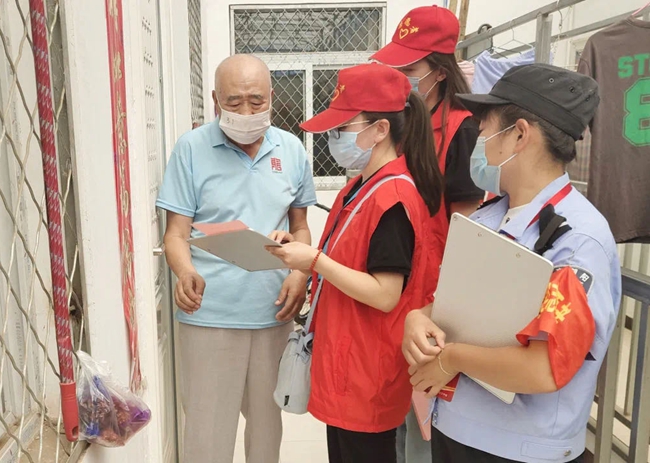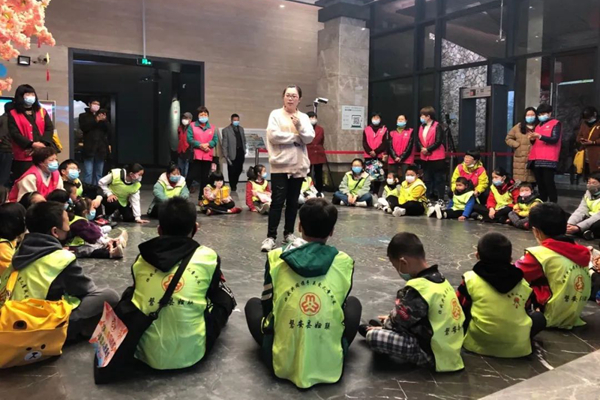
Medic Fights for Hospital and Husband
Dong Fang, a doctor at Wuhan Third Hospital in Hubei Province, has come under growing pressure as the number of novel coronavirus cases continues to rise in the city, the epicenter of the outbreak. As a result, she has been taking sleeping pills for the past seven days simply to get some rest.
The 39-year-old is worried about the shortage of beds in the hospital, timely supplies of protective garments for her subordinates and the health of her husband, a doctor who became infected with the virus at work.
Because the couple had been busy treating patients separately, it wasn't until Jan 19 that Dong learned that her husband, who works at the Central Hospital of Wuhan, had been infected and isolated.
It was Dong's birthday, and her husband had a cake delivered decorated with a cartoon doctor. The gift also included a message informing her of his illness.
"He said that he had been infected the day before. He had planned to celebrate with me at home and didn't expect to find himself in hospital," Dong said, with a sob.
As her sons were at their grandparents' house, Dong was at home alone, so she ate some of the cake while having a video chat with her husband.
Dong hasn't been involved in her husband's treatment; instead she has been working around the clock at her hospital, sometimes putting in 72 hours at a stretch.
The spread of the virus in Wuhan surged in late January. People panicked and crowds of patients with fever sought beds in hospitals around the city. Seriously ill or not, some refused to leave the hospitals even when they were told that no more beds were available.
"The more people gather in the hospitals, the easier it will be for the virus to spread. It is much better for those with light symptoms to stay at home and self-observe. I really hope people will learn about this and understand it,"Dong said.
By Friday, nearly all the hospitals treating the virus in the city were full or overloaded. With about 6,600 beds, they needed to be ready to accept about 7,000 confirmed cases from across Hubei, along with a growing number of suspected cases.
"Online diagnosis can solve the problem. Doctors can instruct patients how to deal with light symptoms at home to ensure beds are available for those in urgent need. All Wuhan's hospitals need to update their technology; an online system should be set up to inform patients of the number of beds in each hospital," she said.
As director of a department, Dong worries about supplies of protective medical materials every day. Sometimes, she has been unable to sleep until 2 am, which is why she resorted to taking sleeping pills.
"It's like a battle. The virus is like a bullet. We don't know if it will hit us from one day to the next. We lack beds for patients and protective garments for doctors, and we are not sure when we will win this battle," she said.
Although her sons-ages 10 and 4-do not really understand the situation, they have encouraged her to keep holding on.
In a video, her younger son said:"I miss you, Mom. I know you are treating patients, so I will take care of myself and won't let you worry about me. I want to be a doctor in the future. Keep fighting, Wuhan!"
Dong said:"He doesn't know the severity of his father's illness. He is too young. My husband's lungs have been damaged by the virus and he is now being supported by oxygen equipment. I am not sure whether the virus will result in bad consequences or not after his recovery."
On January 23, the day before Chinese New Year's Eve, Dong burst into tears as she sat alone at home and the pressure mounted. Since then, she has slept in her office to avoid feeling lonely at home.
"I used to feel secure, because I thought I could fight this together with my husband. But now, he is isolated, leaving me on the battlefield on my own. Now, I just hope that everything will be fine as soon as possible," she said.
(Source: China Daily)
- Women Workers and Volunteers Contribute to Citywide Nucleic Acid Test in Qingdao
 Ruili Women's Federation in Yunnan Joins Anti-COVID-19 Epidemic Battle
Ruili Women's Federation in Yunnan Joins Anti-COVID-19 Epidemic Battle Chaoyang Women's Federation in Beijing Makes All-Out Efforts in Fight Against Virus
Chaoyang Women's Federation in Beijing Makes All-Out Efforts in Fight Against Virus- Women's Federations in C China's Hubei Help Women's Enterprises Resume Work
- County Heads, Women's Federations' Presidents Promote Agricultural Products via Livestreaming Shows
 Medic's Stories About Anti-Virus Fight Inspire Left-Behind Children at Women's Federation's Activity
Medic's Stories About Anti-Virus Fight Inspire Left-Behind Children at Women's Federation's Activity

 京公网安备 11010102004314号
京公网安备 11010102004314号